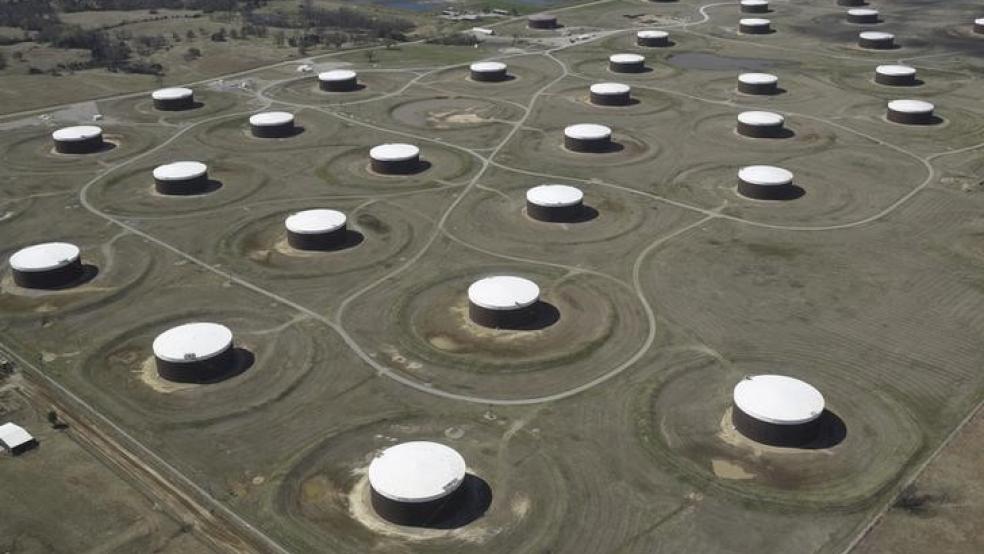As oil prices on Tuesday jumped above $105 a barrel for the first time since 2014, the U.S. and its allies announced a plan to release 60 million barrels from reserve into the world market.
The U.S. will release 30 million barrels from its Strategic Petroleum Reserve, while allies including Germany, the United Kingdom, Japan and South Korea will collectively release an additional 30 million barrels.
In a memorandum, President Joe Biden said the drawdown of oil “is required by U.S. obligations under the International Energy Program implemented by the International Energy Agency,” which the U.S. joined in 1974.
The 31 member nations of the International Energy Agency collectively hold 1.5 billion barrels of oil reserve. The release represents about 4% of its stockpile.
Headquartered in Paris, the International Energy Agency was founded in the wake of the 1973 oil crisis, with the mission of maintaining stable oil supplies. The group said Monday that its release would “send a unified and strong message to global oil markets that there will be no shortfall in supplies as a result of Russia’s invasion of Ukraine.” The group also expressed “expressed solidarity with the people of Ukraine and their democratically elected government in the face of Russia’s appalling and unprovoked violation of Ukraine’s sovereignty and territorial integrity.”
The group noted that “Russia plays an outsized role on global energy markets. It is the world’s third largest oil producer and the largest exporter. Its exports of about 5 million barrels a day of crude oil represent roughly 12% of global trade – and its approximately 2.85 million barrels a day of petroleum products represent around 15% of global refined product trade.”
In a statement, the White House said the plan “is another example of partners around the world condemning Russia’s unprovoked and unjustified invasion of Ukraine and working together to address the impact of President Putin’s war of choice.”
Still, some analysts are skeptical that the release will move the needle on rising oil and gas prices. “The bottom line is this is not enough to cool off the market,” Michael Tran of RBC Capital Markets, told CNN. “It's a bit of a band-aid solution.”




